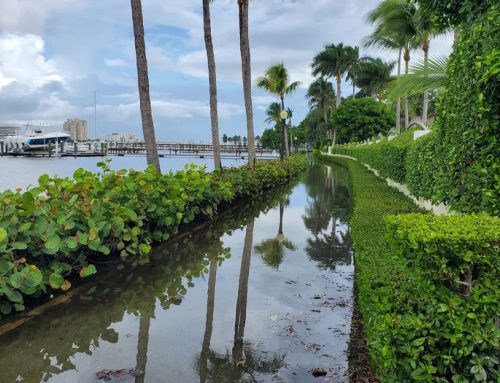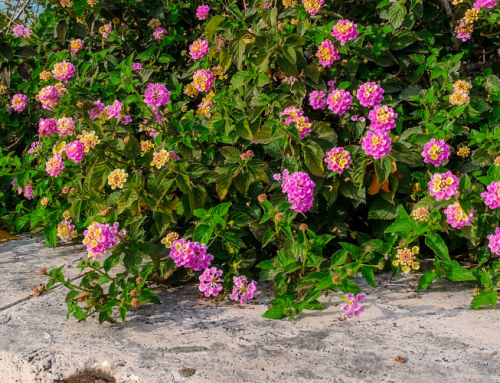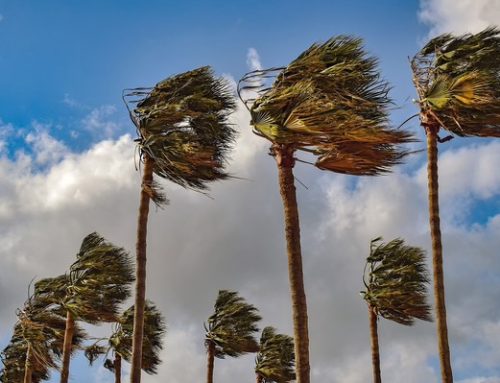Have you recently seen tiny red bugs on your lawn or your clothes? Unfortunately, you may be suffering from chiggers in your grass. While chigger bites are not dangerous, they can cause red bumps that lead to intense and uncomfortable itching. If you own a property in South Florida and are interested in learning more about these tiny red bugs and how to get rid of chiggers in your yard, keep reading. We’ll cover everything you need to know about these insects and how to get rid of chiggers from your property.
What are Chiggers?
Sometimes known as harvest mites or harvest lice, chiggers are tiny, red bugs more closely related to spiders and ticks. Chigger bites are caused by the chigger larvae and not the fully grown insect. After the chigger eggs hatch, they quickly attach themselves to a host with their claw and pierce the skin with their feeding tube. They then inject their host with digestive enzymes, leading to intense irritation for the host’s skin.
Chiggers love thick vegetation in shady areas. They are commonly found in grass, woodlands, thickets, and swamp areas. Chiggers like to gather at the base of tall grasses and wait for an animal or person to pass by to attach themselves. As chiggers thrive in humid and warm conditions, South Florida makes them an ideal location to live and multiply.
How to Get Rid of Chiggers?
Now that you know more about what chiggers are, we can start looking at how to prevent and get rid of these tiny, red bugs if they’ve invaded your lawn or home. Below are some of the most common ways to prevent a chiggers infestation of your property:
- Pesticide – If your property has a particularly bad infestation of chiggers, you may want to spray a pesticide around potential hotspots on your property. Organic pesticides like diatomaceous earth can be used to get rid of chiggers in your lawn.
- Pull weeds and grassy areas – The best way to prevent chiggers from setting up home on your lawn is to remove their preferred places to live. Regularly mowing and weeding your grass is excellent for keeping chiggers at bay.
- Block host animals – Chipmunks, squirrels, and other small mammals are common hosts for chiggers. Things like building a fence, removing water features, or taking down bird feeders can help minimize these animals’ presence and reduce the chance of chiggers invading your lawn.
You may be wondering, “How long do chiggers live in a house?”. Unlike other insects such as fleas or bed bugs, chiggers do not live long inside. If you think you may have chiggers in your house, vacuum your rugs, carpets, and furniture thoroughly. Also, wash any clothing or bedding you think may be affected with soap and hot water. Chiggers will usually die after a few days indoors, so it is unlikely that you will need to fumigate your property to get of them.
Chigger Bites Treatment
If you have found any chiggers bites on yourself, you should first wash the area with hot soapy water. Taking a hot shower as soon as possible is advised, as this should kill any larvae that may still be clinging to your skin. Applying an over-the-counter antihistamine like calamine lotion or hydrocortisone should relieve any blisters left by chiggers. Finally, put a cold compress on any affected area to soothe the skin.
If you think you may be suffering from a chigger infestation and want professional help, going to a professional landscape team is crucial for ensuring the problem is solved quickly and efficiently. The team at Cutters Edge Total Landscape Solutions is here to help improve, beautify, and increase the value of their customer’s property. Contact us today to discuss your specific lawn care or landscaping needs.





